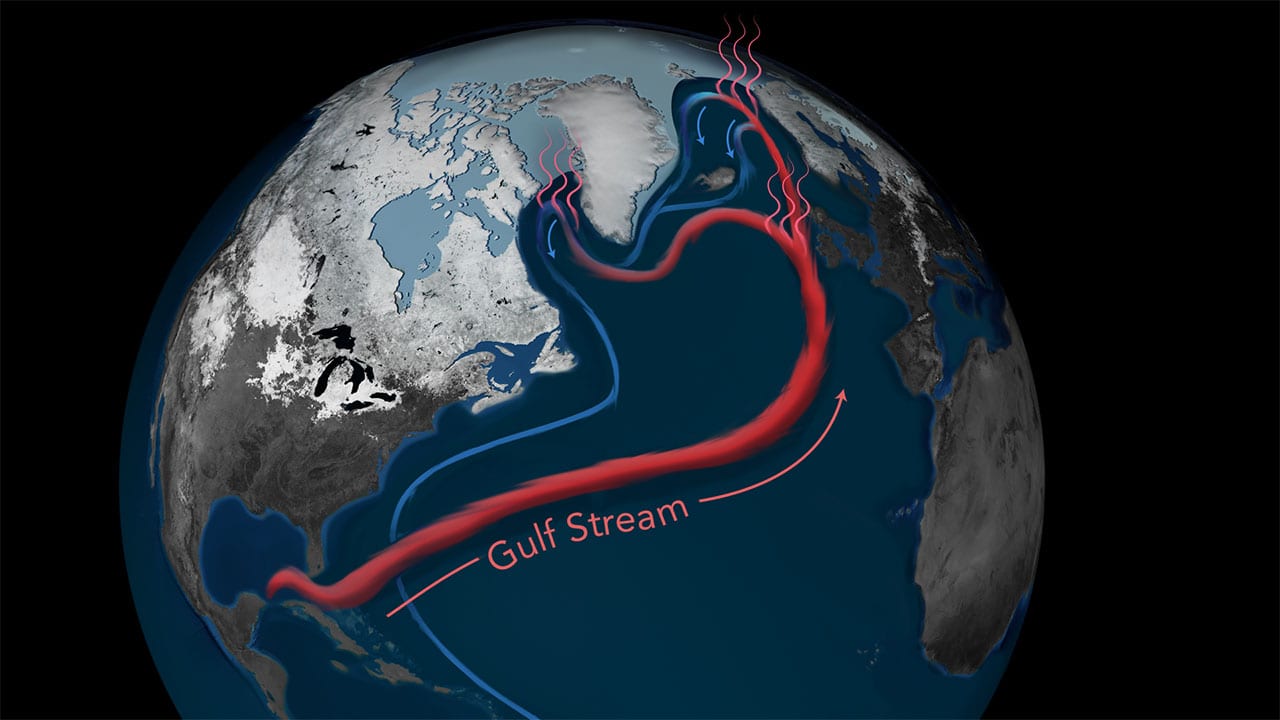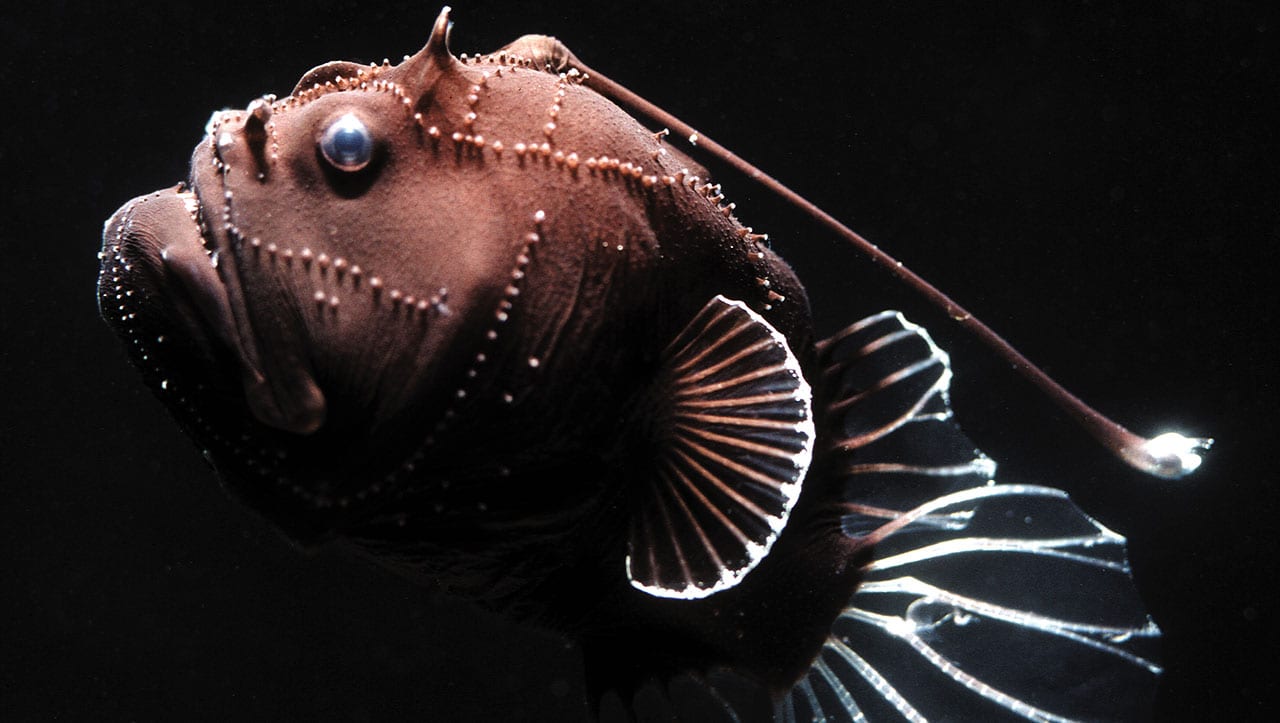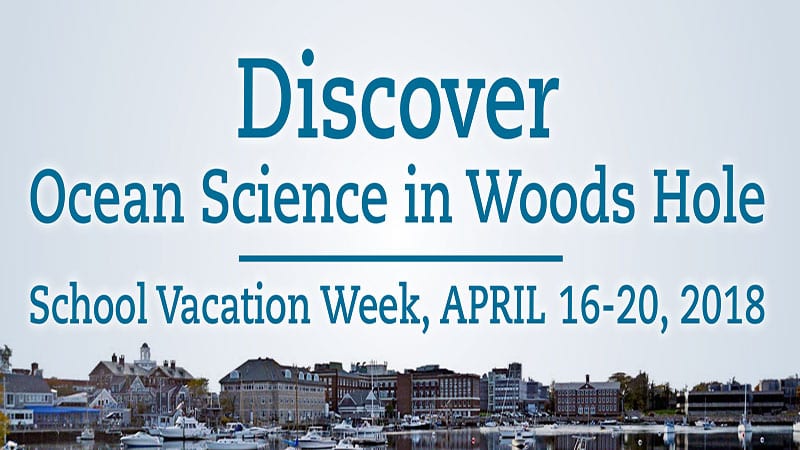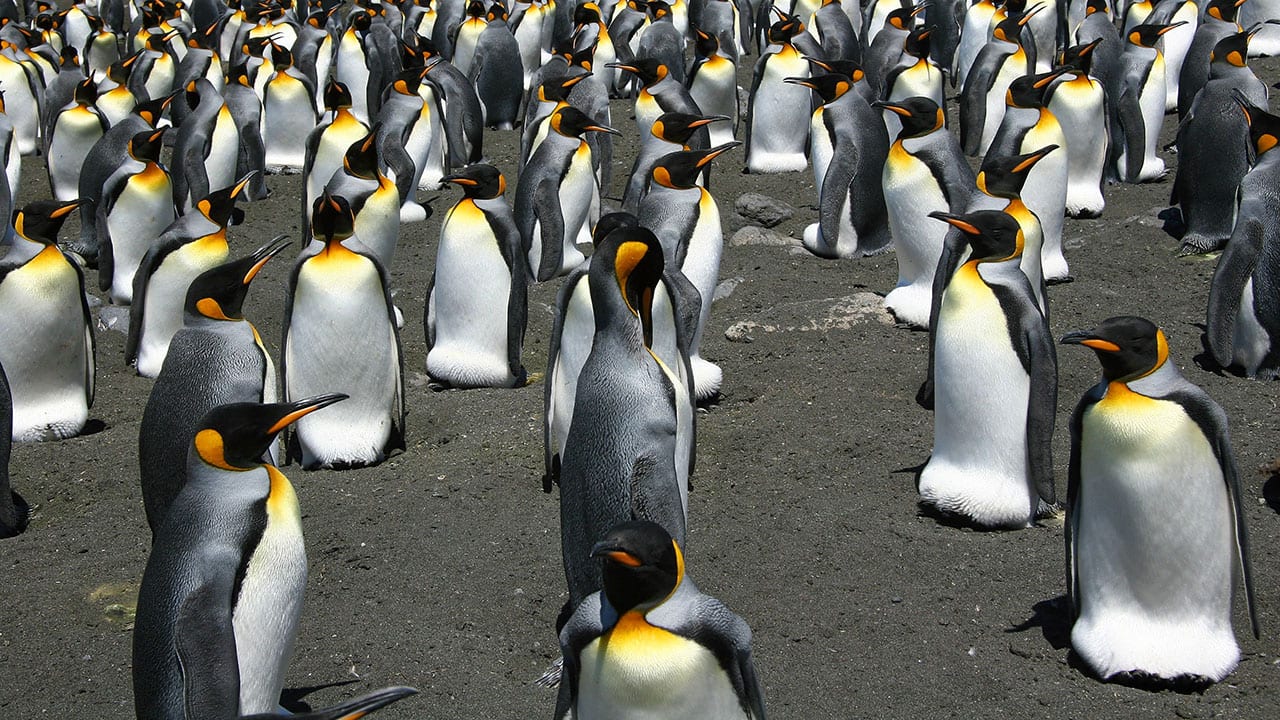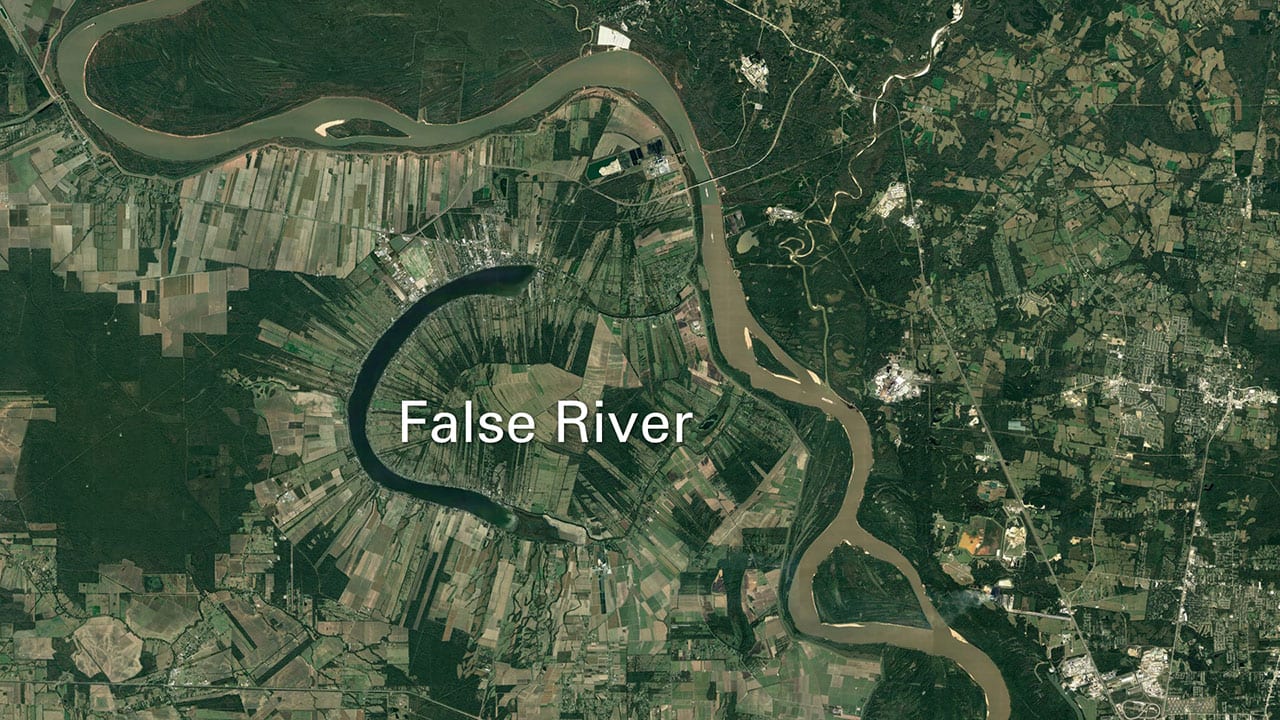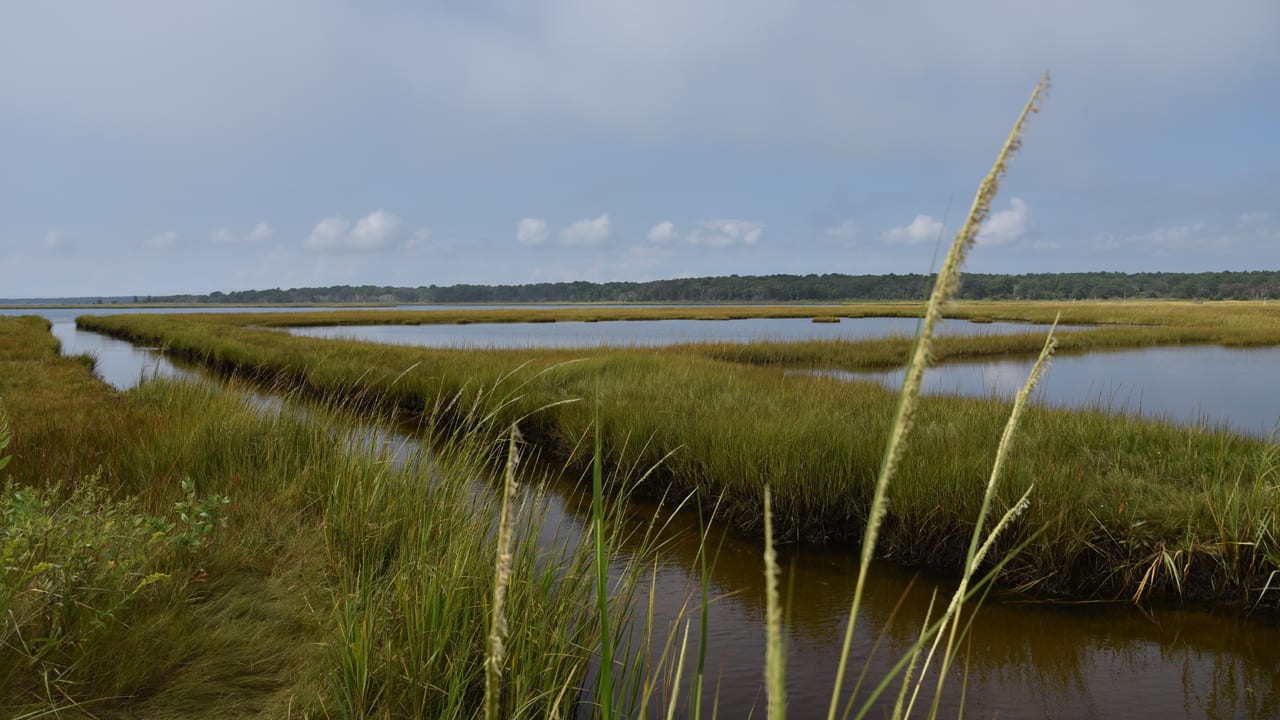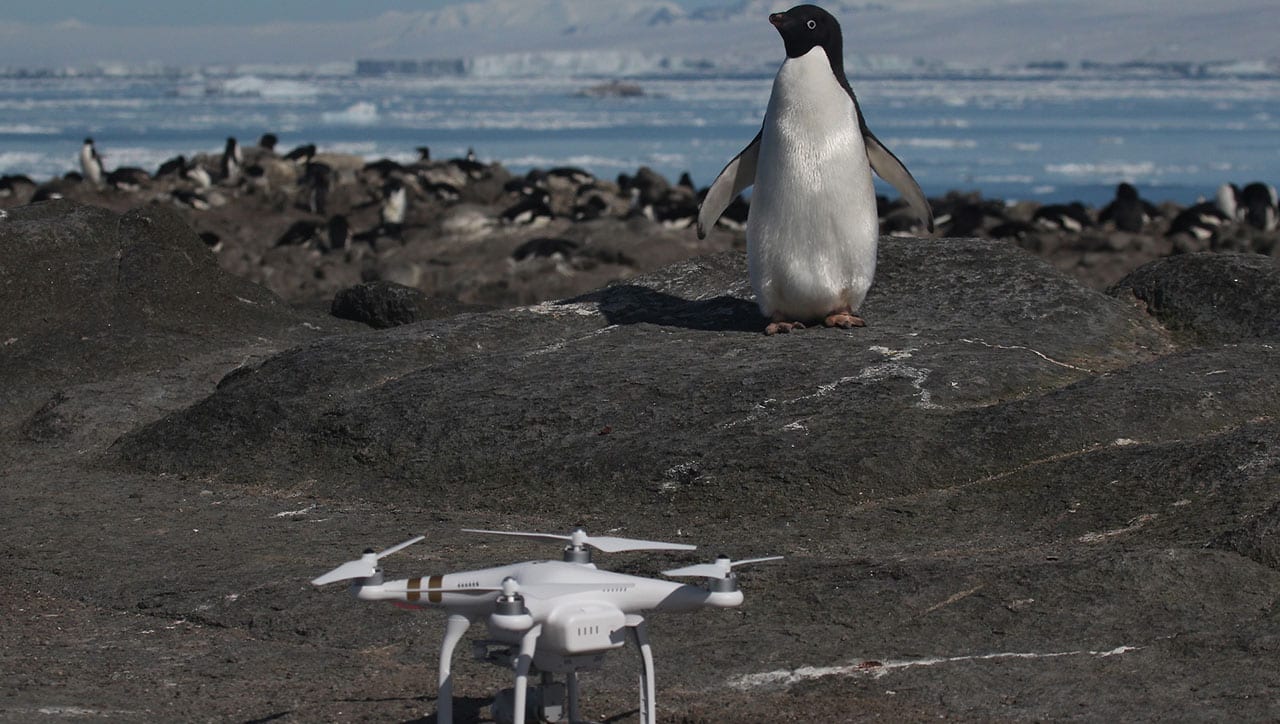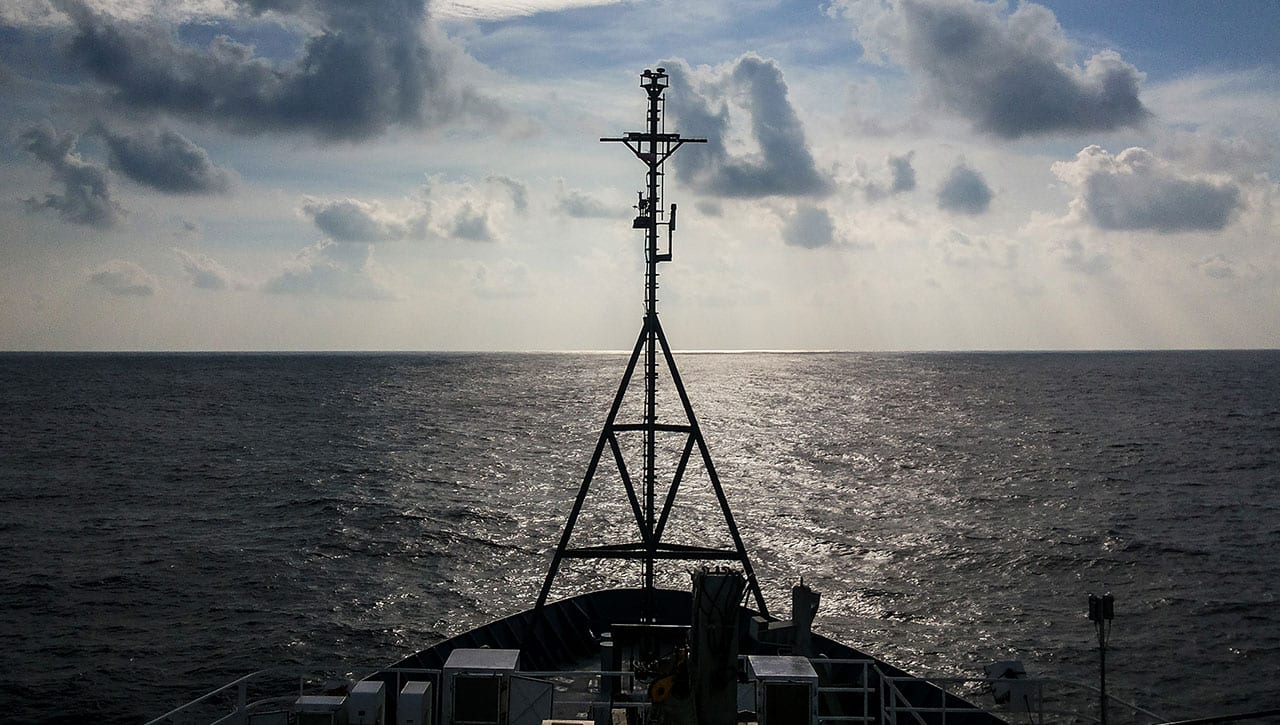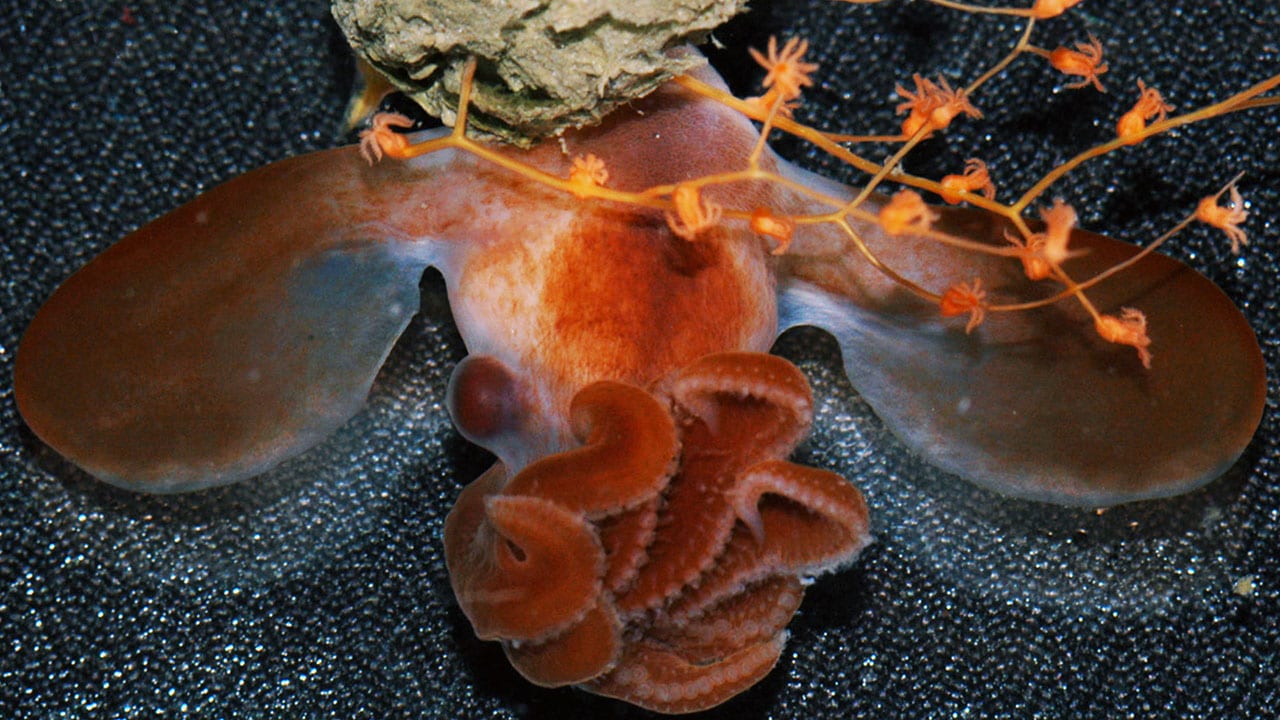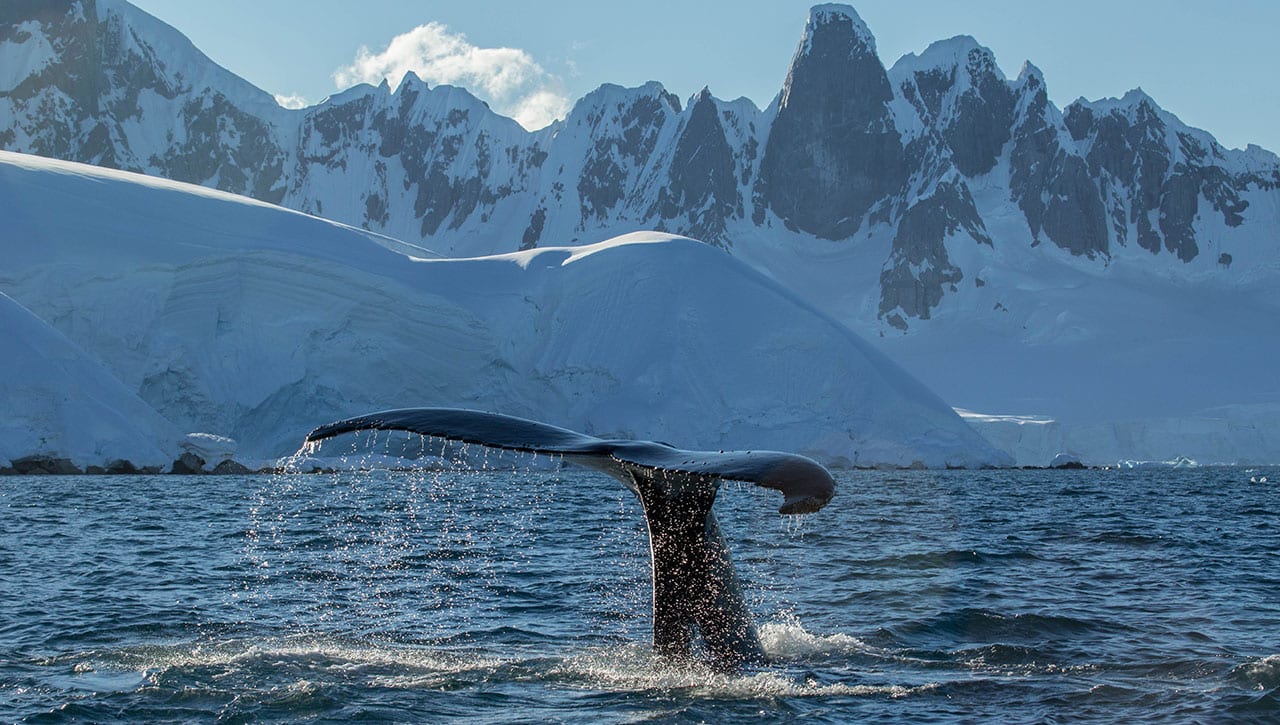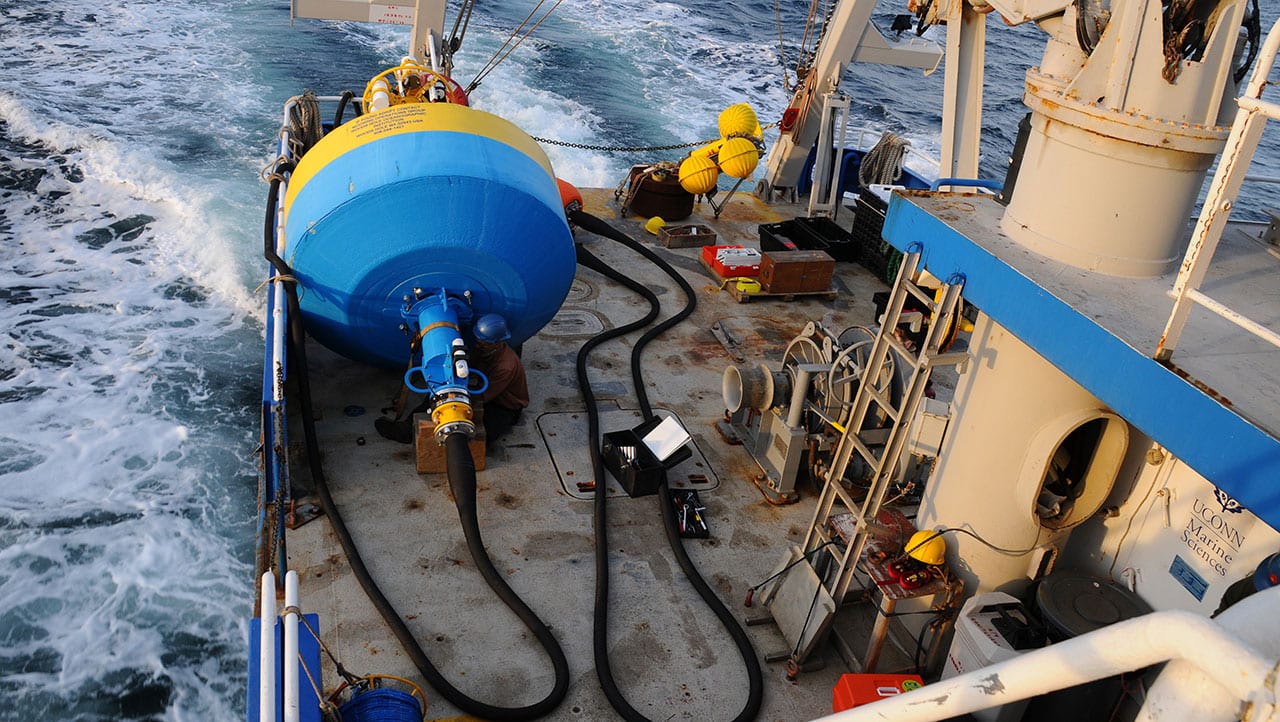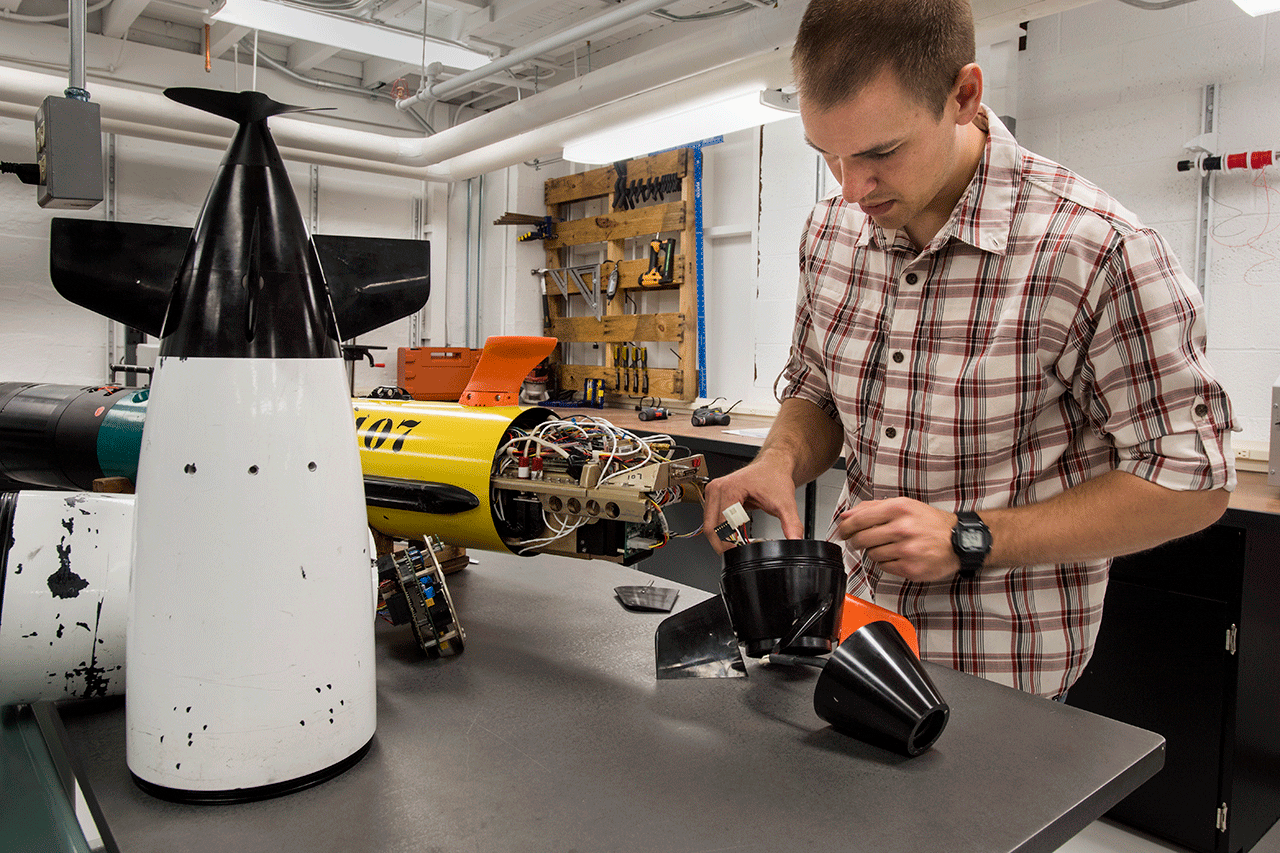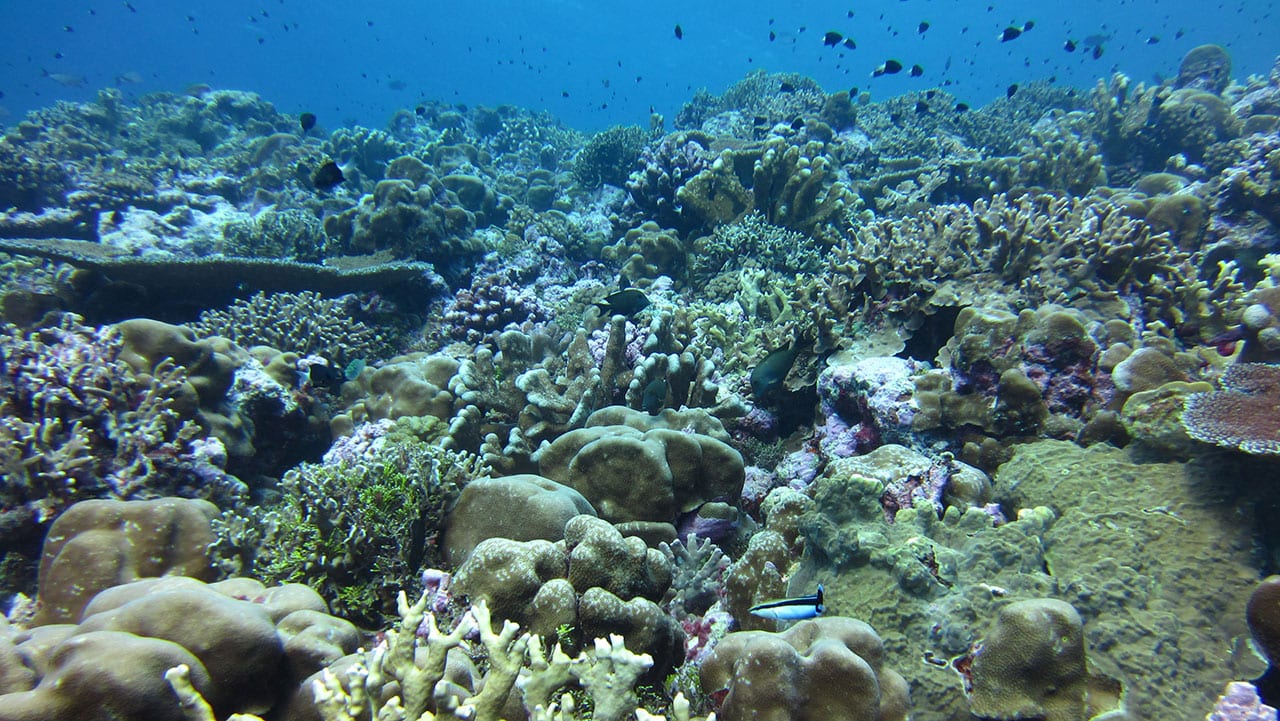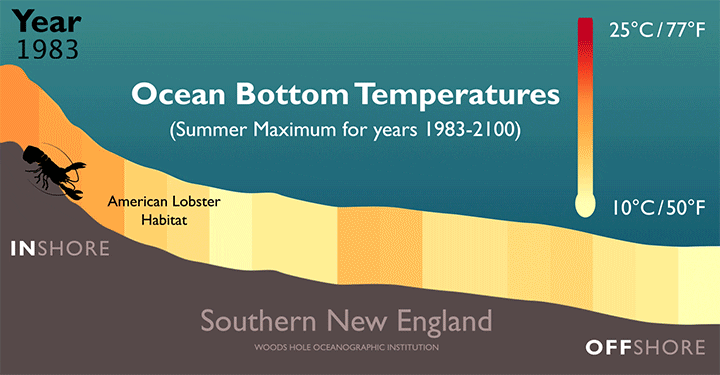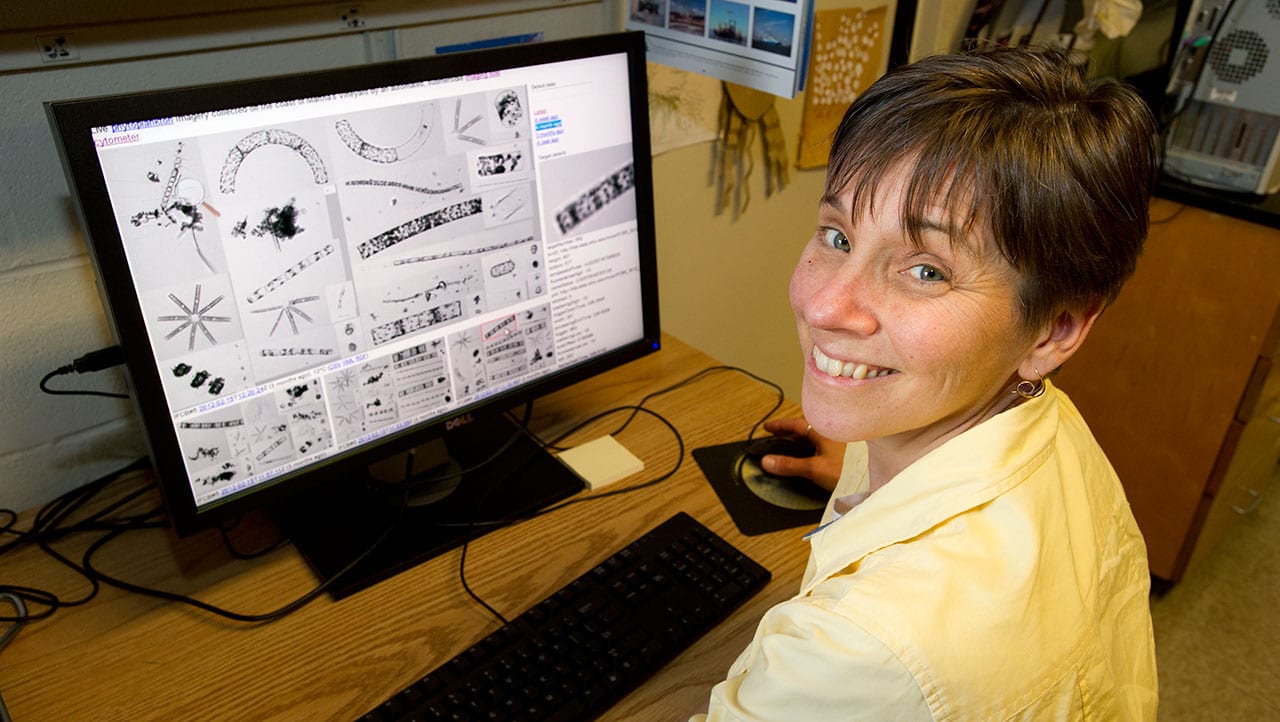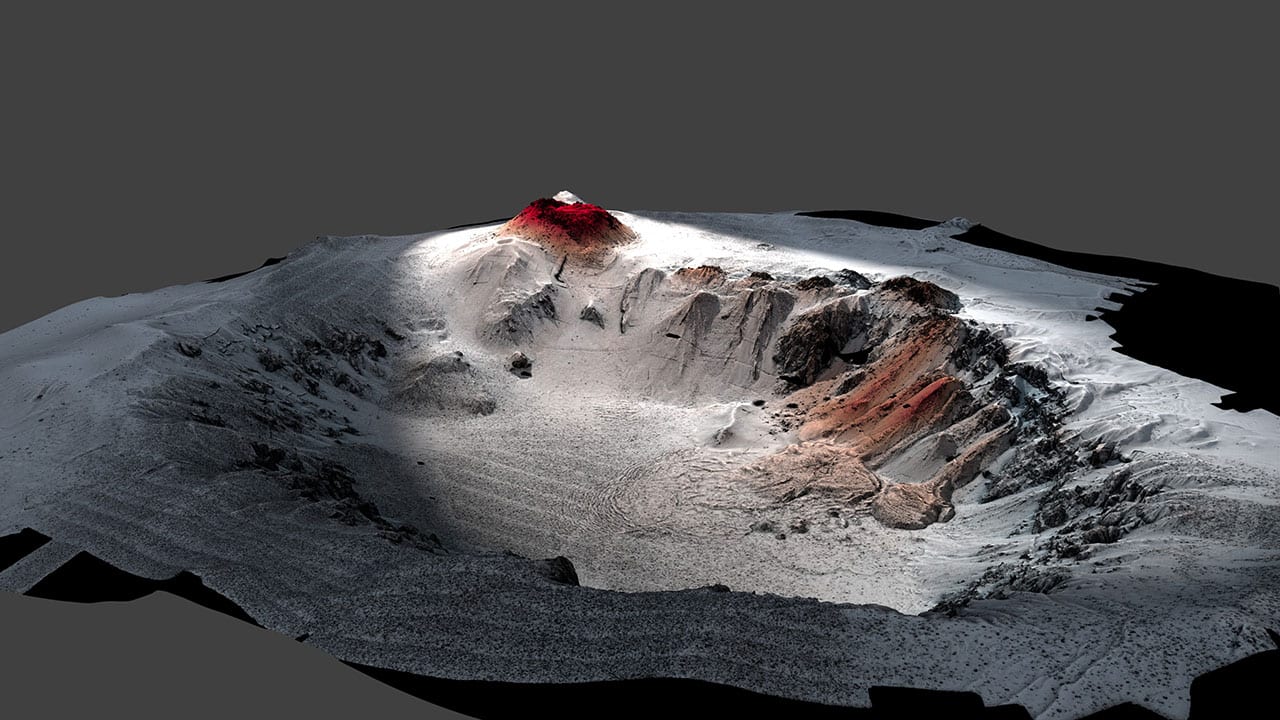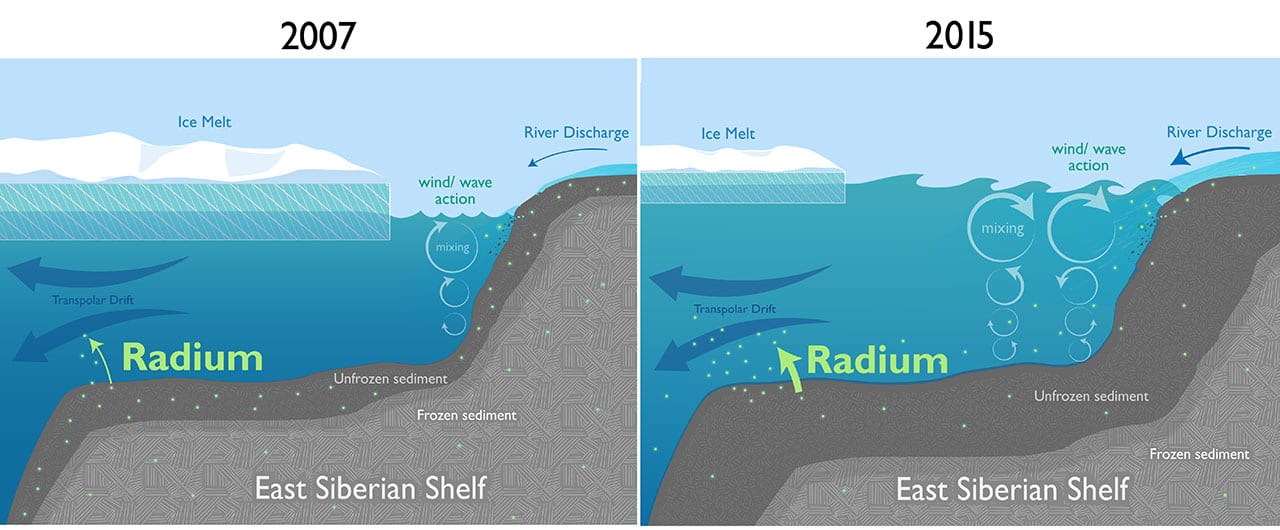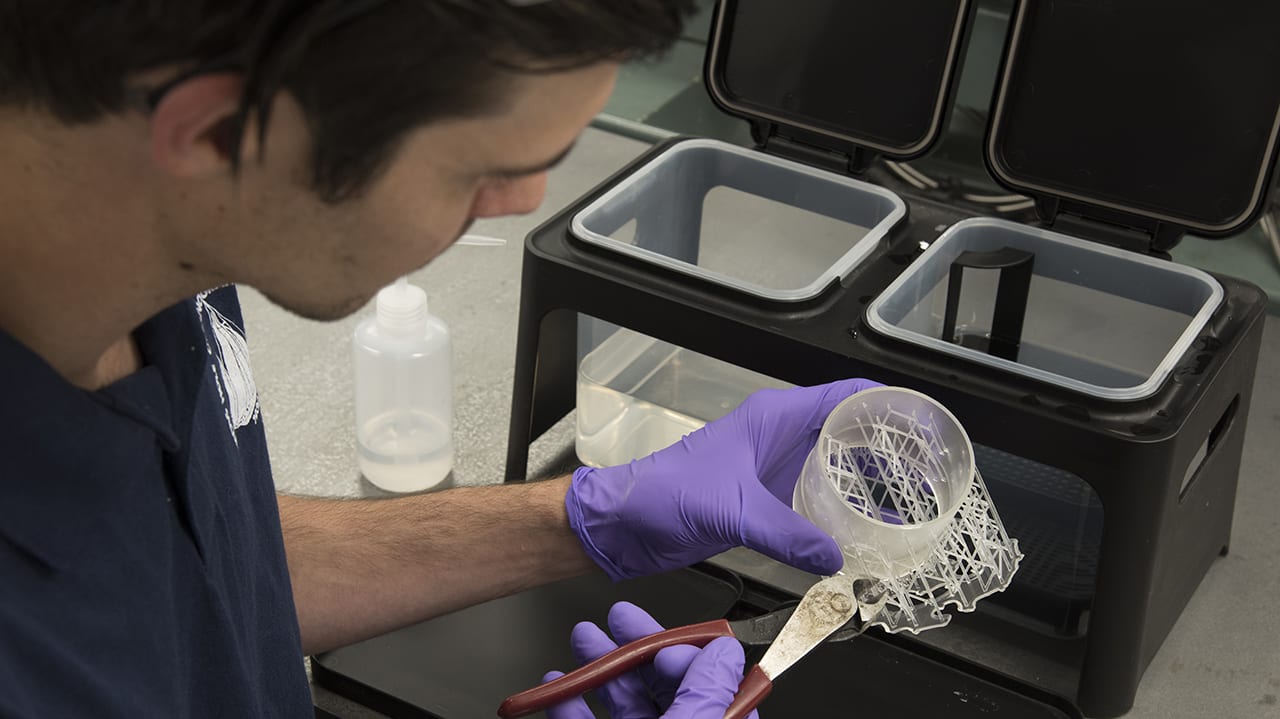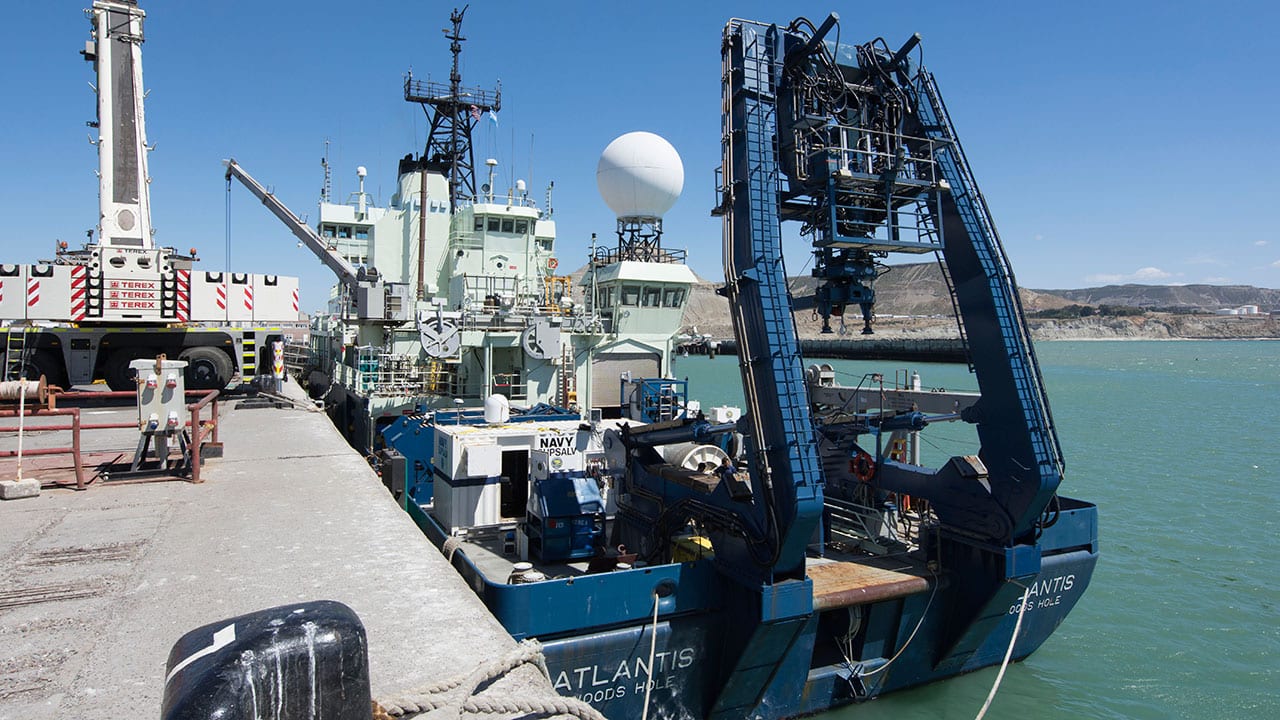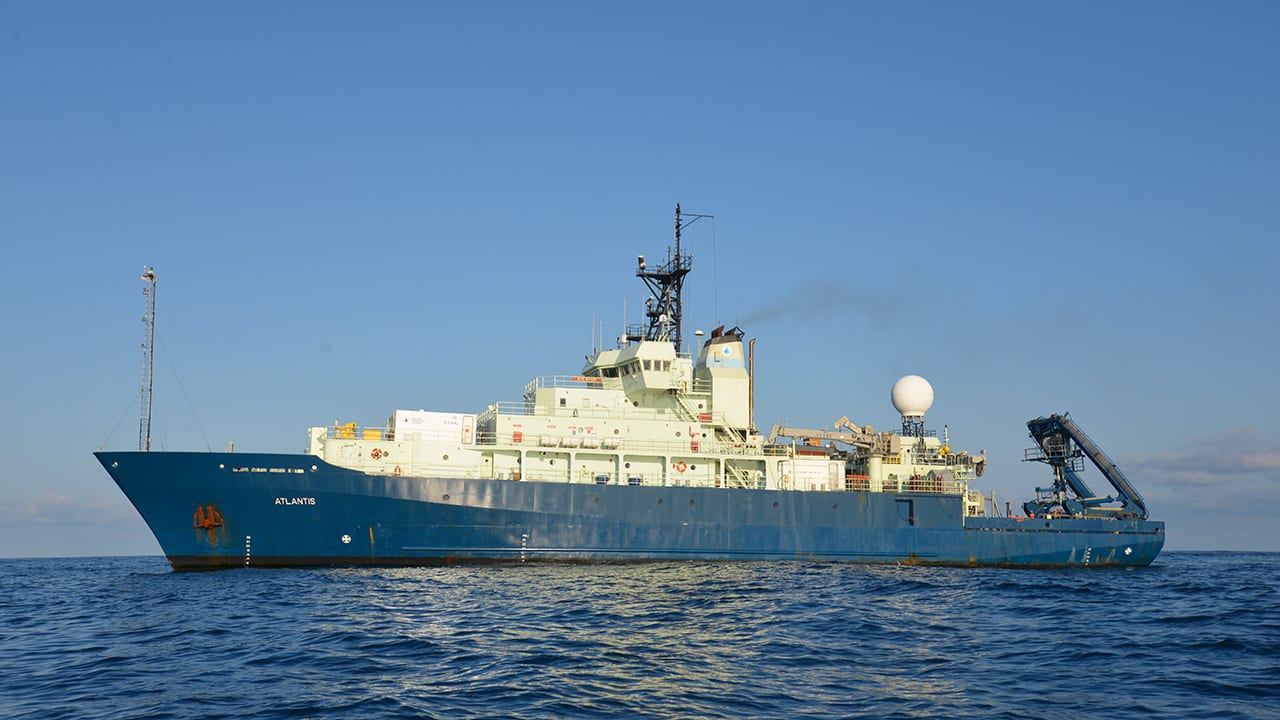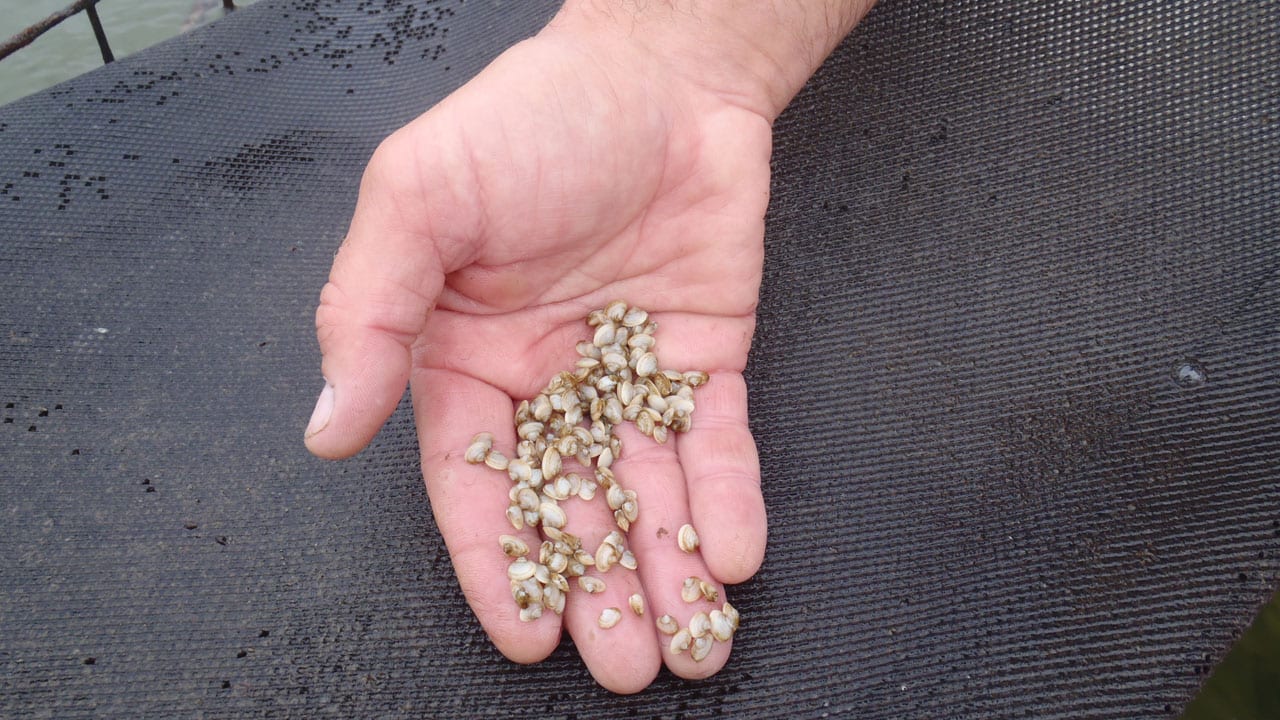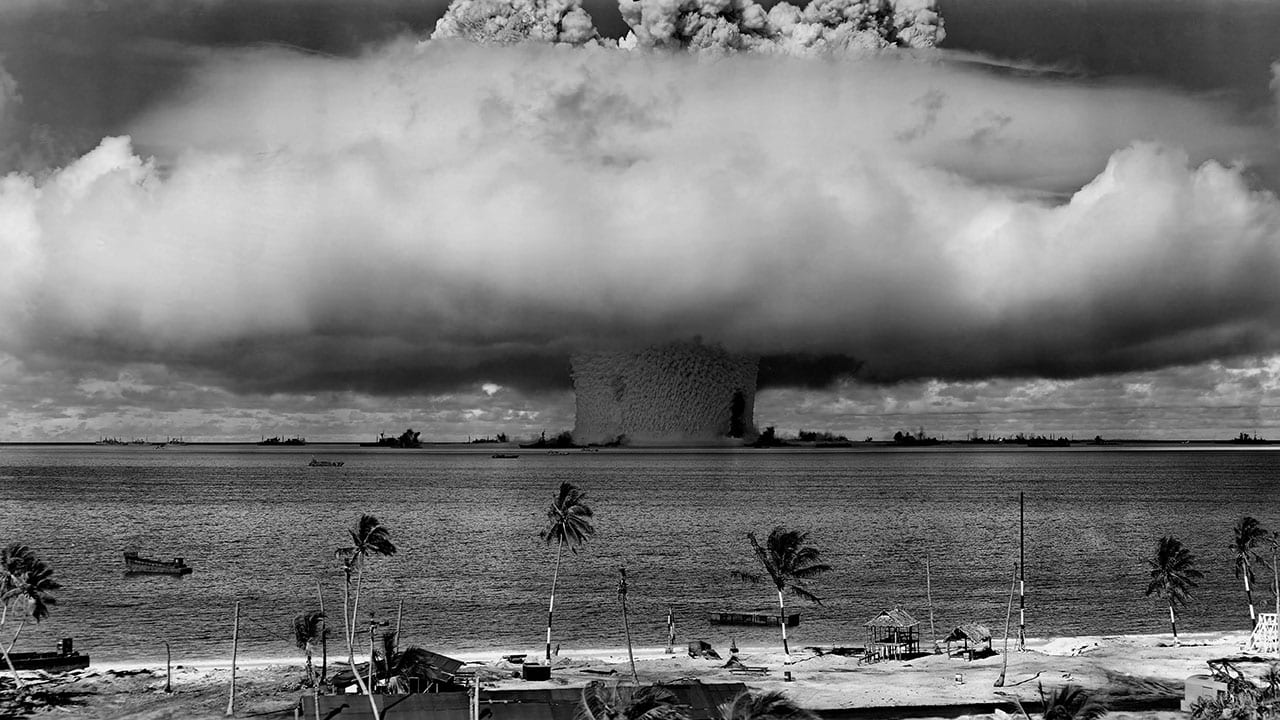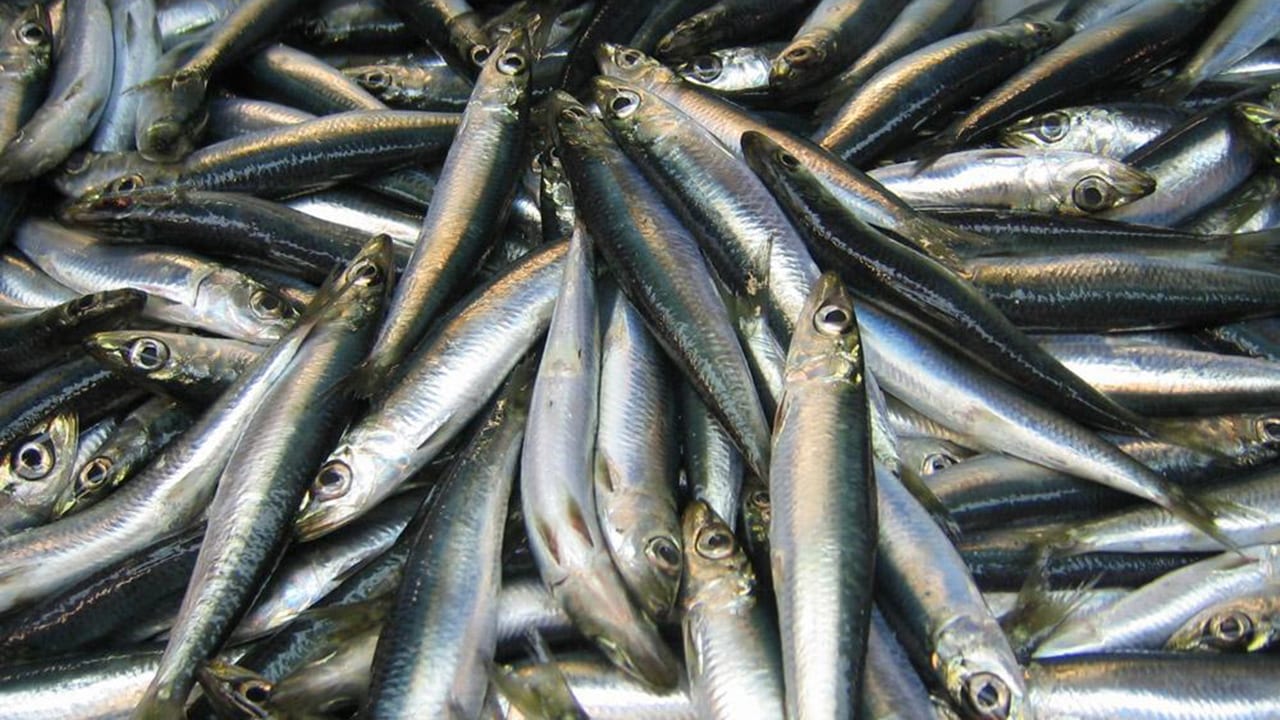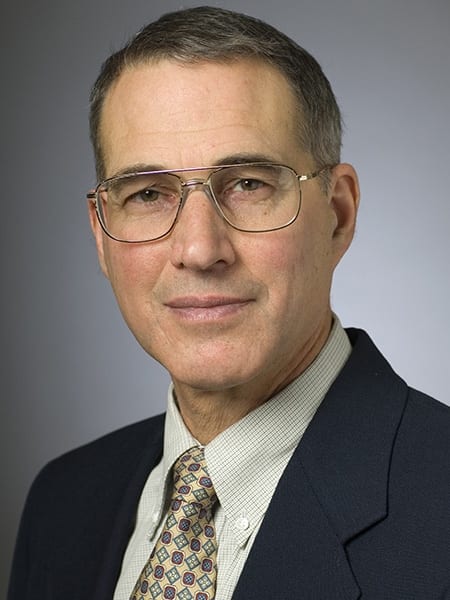News Releases
Atlantic Ocean Circulation at Weakest Point in 1,600 years
Atlantic Ocean Circulation at Weakest Point in More Than 1500 years New research led by University College London (UCL) and Woods Hole Oceanographic Institution (WHOI) provides evidence that a key cog in the global ocean circulation system hasn’t been running at peak strength since the mid-1800s and is currently at its weakest point in the past 1,600 years. If the system continues to weaken, it could disrupt weather patterns from the United States and Europe to the African Sahel, and cause more rapid increase in sea level on the U.S. East Coast.
Read MoreWHOI Among First Funding Recipients of The Audacious Project
What if we explored the ocean’s vast twilight zone, teeming with undiscovered life? Today, the Woods Hole Oceanographic Institution (WHOI) was awarded $35 million – the largest philanthropic gift in the Institution’s history – to do just that. The award comes from The Audacious Project, a bold new philanthropic collaboration housed at TED to fund critical ideas that have potential to create massive, global change.
Read MoreSchool Vacation Week Activities in Woods Hole
Woods Hole Oceanographic Institution (WHOI) and the Woods Hole Film Festival present “Discover Ocean Science in Woods Hole,” free films and activities during April school vacation week, Monday, April 16,…
Read MorePenguins Go Through the Flow
Colonies of breeding king penguins behave much like particles in liquids do, according to new study by the Woods Hole Oceanographic Institution (WHOI) and international colleagues. This “liquid ” organization and structure enables breeding colonies to protect themselves against predators while also keeping members together.
Read MoreHuman-Engineered Changes on Mississippi River Increased Extreme Floods
Over the last century, many of the world’s major rivers have been modified for the purposes of flood control, power generation, and commercial navigation. A new study out of Woods Hole Oceanographic Institution suggests that engineering modifications to the Mississippi River interact with the have increased the risk of extreme floods to unprecedented levels.
Read MoreWoods Hole Sea Grant Awards Funds to Six New Coastal Projects
The Woods Hole Sea Grant program has awarded researchers from WHOI and other Massachusetts academic organizations funds for new projects, representing a total anticipated investment of nearly $1.5 million.
Read MorePreviously Unknown “Supercolony” of Adelie Penguins Discovered in Antarctica
In a paper released on March 2nd in the journal Scientific Reports, the scientists announced the discovery of a previously unknown “supercolony” of more than 1,500,000 Adelie Penguins in the Danger Islands, a chain of remote, rocky islands off of the Antarctic Peninsula’s northern tip.
Read MoreWhere Fresh is Cool in Bay of Bengal
Each summer, the South Asian monsoon transforms parts of India from semi-arid into lush green lands able to support farming. The annual infusion of rainfall and resulting runoff into the Ganges, Brahmaputra, and other rivers in the region also has a very different, but no less dramatic, impact on the Bay of Bengal in the northeast Indian Ocean.
Read MoreRare Find from the Deep Sea
For the first time ever, a team of international researchers were given the rare opportunity to observe and film a dumbo octopus – measuring just a few centimeters – hatching from its egg during an expedition to explore a chain of underwater mountains off the U.S. East Coast in 2005. Their findings were published Feb. 19, 2018, in the journal Current Biology.
Read MoreMonitoring Bacteria on Whale Skin
Just like with humans, the skin on marine mammals serves as an important line of defense against pathogens in their environment. A new study sheds light on the skin microbiome – a group of microorganisms that live on skin – in healthy humpback whales, which could aid in future efforts to monitor their health.
Read MoreWHOI Spins Off Local Technology Start-up
Woods Hole Oceanographic Institution (WHOI) is selling its controlling interest in EOM Offshore, a mooring systems company based on technology developed by engineers at WHOI. The company was founded as a start-up in 2010 to commercialize highly stretchable, fatigue-resistant hoses to transmit power and data to and from undersea sensors.
Read MoreWHOI Center for Marine Robotics Receives NextGEN Award
The Center for Marine Robotics at Woods Hole Oceanographic Institution (WHOI) was chosen to receive a NextGEN award by the Massachusetts TechHUB Caucus.
Read MoreScientists Pinpoint How Ocean Acidification Weakens Coral Skeletons
The rising acidity of the oceans threatens coral reefs by making it harder for corals to build their skeletons. A new study identifies the details of how ocean acidification affects coral skeletons, allowing scientists to predict more precisely where corals will be more vulnerable.
Read MoreFeeling the Heat in the NW Atlantic
Rising temperatures along the bottom of the Atlantic Ocean will force American lobsters (H. americanus) farther offshore and into more northern waters, according to a new study led by researchers at the Woods Hole Oceanographic Institution (WHOI).
Read MoreHeidi Sosik Selected as a Fellow of The Oceanography Society
Heidi Sosik, a senior scientist in the Biology Department at Woods Hole Oceanographic Institution (WHOI) has been named a 2018 Fellow of The Oceanography Society (TOS). Sosik’s accomplishments will be formally recognized on Feb. 13, 2018, during a ceremony at the 2018 Ocean Sciences Meeting in Portland, Oregon.
Read MoreA Close-up Look at a Rare Underwater Eruption
A new paper published January 10, 2018, in the journal Science Advances describes the first up-close investigation of the largest underwater volcanic eruption of the past century. The international research team led by the University of Tasmania and the Woods Hole Oceanographic Institution (WHOI) used the autonomous underwater vehicle (AUV) Sentry and the remotely operated vehicle (ROV) Jason to explore, map, and collect erupted materials from the Havre volcano during a 2015 expedition. They found that the eruption was surprising in many ways.
Read MoreScientists Find Surprising Evidence of Rapid Changes in the Arctic
Scientists have found surprising evidence of rapid climate change in the Arctic: In the middle of the Arctic Ocean near the North Pole, they discovered that the levels of radium-228 have almost doubled over the last decade.
Read MoreMoore Foundation Awards $3M to WHOI
Scientists and engineers at the Woods Hole Oceanographic Institution (WHOI) will receive a two-year, $3 million award from the Gordon and Betty Moore Foundation to transform how the oceanographic community develops and deploys technology ranging from individual sensors to comprehensive, round-the-clock observing systems. By integrating new ideas and exploring new partnerships, WHOI researchers aim to foster an environment that reduces the cost of ocean science and engineering and that enables more flexible ocean observing systems that can rapidly incorporate new technologies to meet evolving science objectives and requirements.
Read MoreWHOI Ship Atlantis Launches New Mission to Find Missing Argentinian Submarine
The U.S. research vessel Atlantis will launch a search-and-recovery mission for the missing Argentinian submarine ARG San Juan, equipped with a U.S. Navy remotely operated vehicle (ROV) flown down to Argentina.
Read MoreWHOI ship Atlantis Participates in Search for Missing Sub
WHOI research vessel Atlantis joins search for missing Argentine submarine using equipment to survey the seafloor
Read MoreBay State Aquaculture Projects Get Green Light from National Sea Grant Program
Two new grants to the Woods Hole Sea Grant program totaling more than $650,000 are part of a national strategic investment in aquaculture and will support research aimed at expanding aquaculture production in Massachusetts.
Read MoreRadioactivity Lingers from 1946-1958 Nuclear Bomb Tests
Scientists have found lingering radioactivity in the lagoons of remote Marshall Island atolls in the Pacific Ocean where the United States conducted 66 nuclear weapons tests in the 1940s and…
Read MoreWHOI Led Research Team Receives Funding to Develop Ocean Temperature Forecast System
The Woods Hole Oceanographic Institution (WHOI) was awarded a competive federal grant from the National Oceanic and Atmospheric Administration (NOAA) to develop a forecast system that will predict seasonal and…
Read MoreJim Ledwell Selected as a Fellow of The Oceanography Society
Jim Ledwell, Emeritus Research Scholar at the Wood Hole Oceanographic Institution (WHOI), has been named a 2017 Fellow of The Oceanography Society (TOS). The society noted his many achievements, in…
Read More
